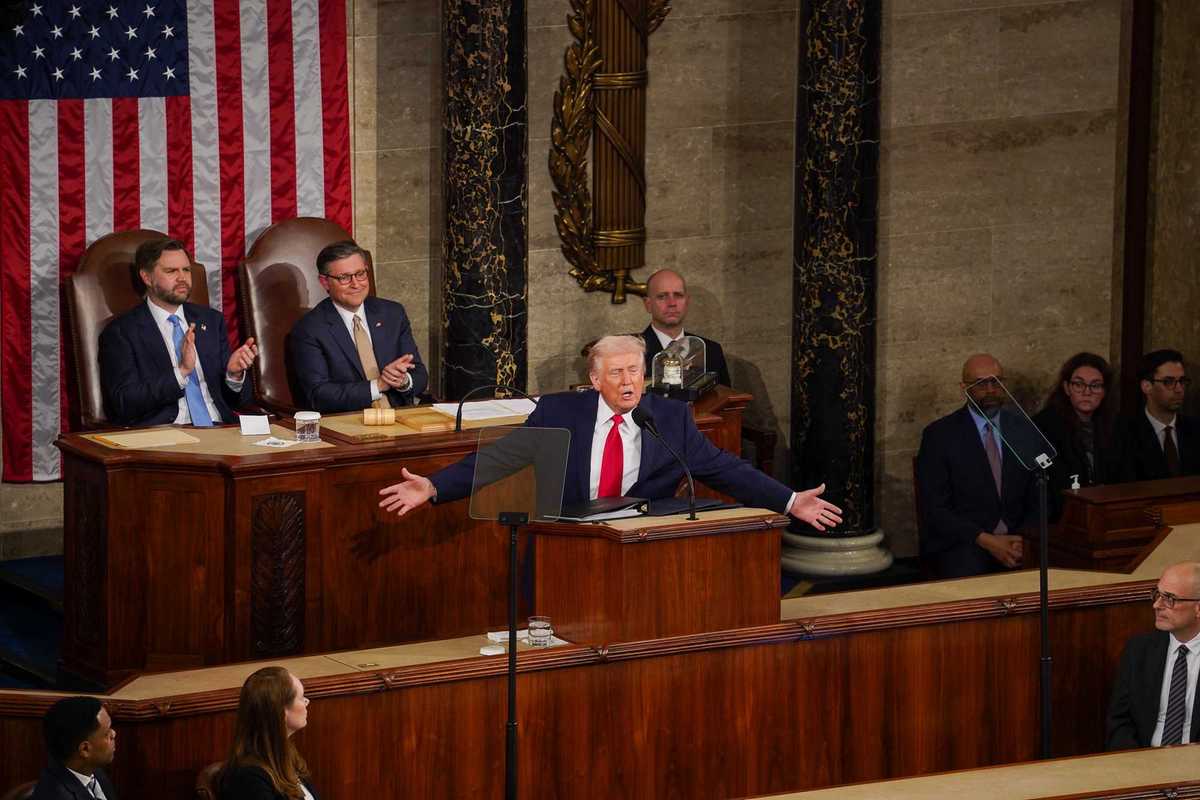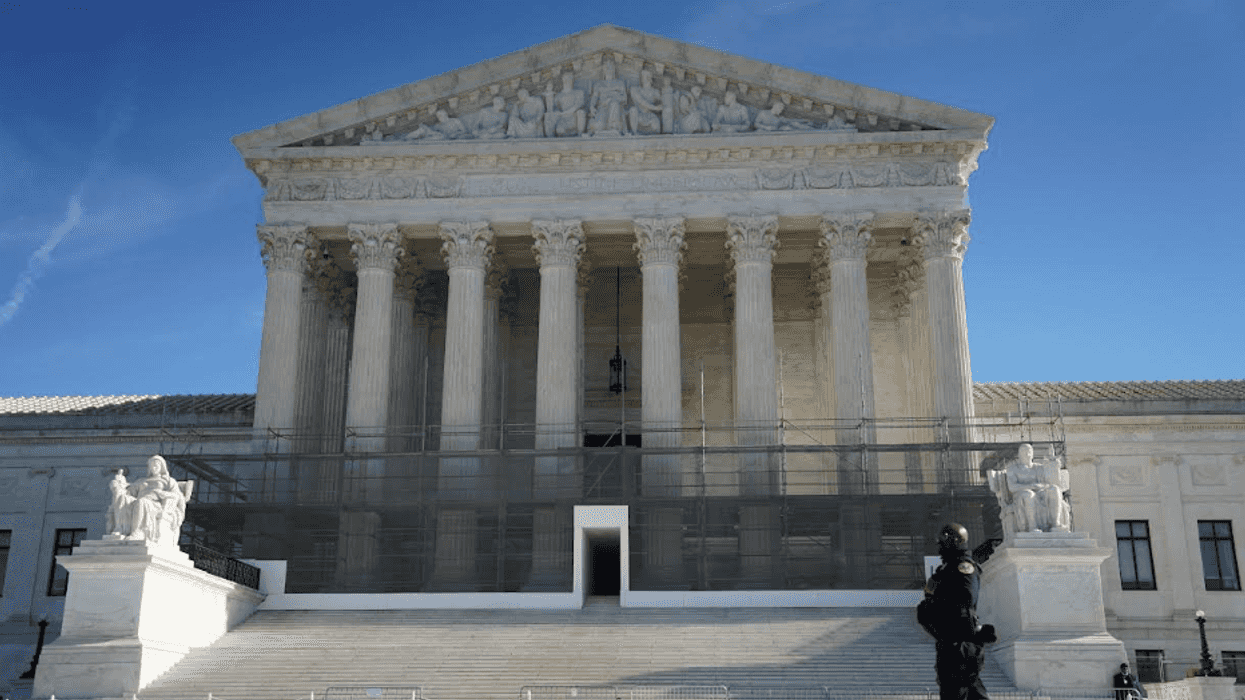Washington — President Donald Trump announced Saturday evening that the United States had launched strikes on three Iranian nuclear facilities, describing the operation as a "spectacular military success."
In a televised address, he stated that key Iranian nuclear enrichment sites had been "completely and totally obliterated". He warned that any future attacks would be "far greater and a lot easier."
Trump also acknowledged Israeli cooperation in the operation, thanking Prime Minister Benjamin Netanyahu and the Israeli military. “We worked as a team like perhaps no team has ever worked before, and we’ve gone a long way to erasing this horrible threat to Israel,” he said.
LIVE: Trump addresses nation after US strikes on Iran nuclear facilities www.youtube.com
Israeli Prime Minister Benjamin Netanyahu praised the President, "Congratulations, President Trump. Your bold decision to target Iran's nuclear facilities with the awesome and righteous might of the United States will change history." Netanyahu also said that Trump's leadership has created a "pivot of history that can help lead the Middle East and beyond to a future of prosperity and peace".
Reactions from U.S. lawmakers were divided, with some praising the move while others condemned it.
Senate Majority Leader John Thune (R-SD) voiced strong support, stating, “The regime in Iran, which has committed itself to bringing ‘death to America’ and wiping Israel off the map, has rejected all diplomatic pathways to peace. The mullahs’ misguided pursuit of nuclear weapons must be stopped."
“Donald Trump promised to bring peace to the Middle East. He has failed to deliver on that promise," Democrat House Minority Leader Hakeem Jeffries said in a statement. "The risk of war has now dramatically increased, and I pray for the safety of our troops in the region who have been put in harm’s way,” Jeffries added that Trump “misled the country about his intentions.”
What authority does the president have or need to launch such a strike?
John B. Bellinger III, an adjunct senior fellow for international and national security law at the Council on Foreign Relations made these comments:
Whether President Trump has legal authority under U.S. domestic law or international law is highly debatable. As I explained in a testimony [PDF] to the Senate Foreign Relations Committee in 2017, when President Trump was threatening the use of force against North Korea, the president has broad authority under the Constitution to order the use of military force.
His Article II powers include authority not only to order the use of military force to defend the United States and U.S. persons against actual or anticipated attacks, but also to advance other important national interests. Presidents of both parties have deployed U.S. forces and ordered the use of military force, without congressional authorization, on numerous occasions.
In addition to the powers granted to the president in Article II, Article I of the Constitution gives Congress the authority to “declare War.” But this authority has never been interpreted—by either Congress or the executive branch—to require congressional authorization for every military action that the president could initiate.
President Trump’s decision to directly engage the United States in the conflict follows over a week of hostilities between Israel and Iran. Israeli officials have stated their airstrikes target Iran’s nuclear program, which they claim is aimed at developing weapons.
Iran’s nuclear agency acknowledged the attacks but vowed to continue its operations. "Our work will not be halted," the Atomic Energy Organization of Iran declared.
According to Iran’s health ministry, Israeli strikes have killed at least 400 people and wounded 3,000. Meanwhile, Israel reports 24 fatalities from Iran’s retaliatory attacks.
The U.S. intervention marks a significant escalation, with global repercussions still unfolding.
Hugo Balta is the executive editor of the Fulcrum, and the publisher of the Latino News Network.




















